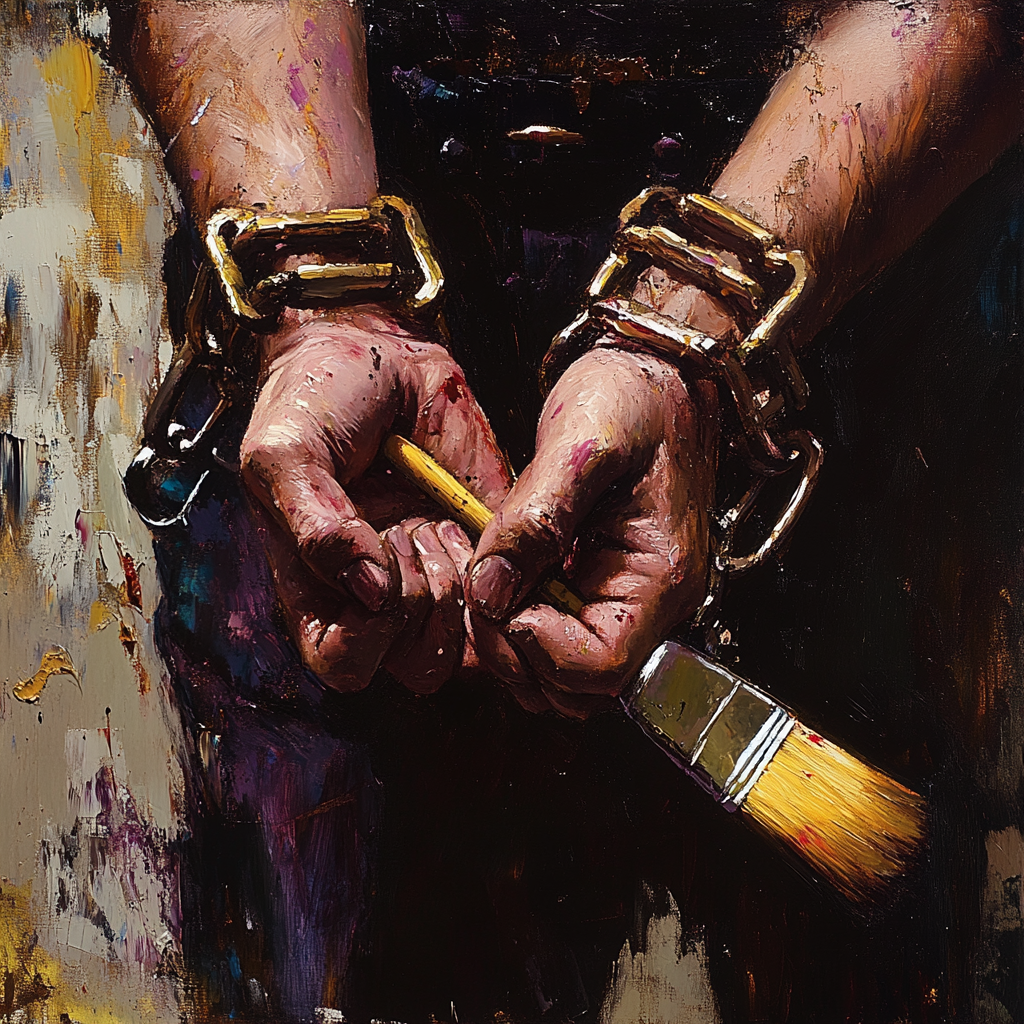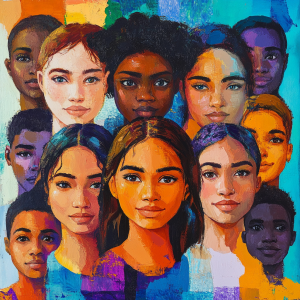Why Artists Are Punished More Harshly Than Scientists for the Same Misconduct

BlueSky Thinking Summary
A recent paper by Kellogg School researchers takes an in-depth look at how two professions—art and science—deal with misconduct differently, mostly in sexual harassment cases.
One important reason artists are more likely to pay the price is because of how hard society finds it to turn a blind eye to personal conduct by an artist away from his or her creative work.
This bias persists even when comparing similar misconduct cases across both fields.
The paper reinforces the concept of "moral decoupling"—an inability of people to separate an individual's work from his person and ethical conduct—through experiments and real-world data analyses.
Its implications are huge, for leaders in managing diverse organizational teams, where disciplinary actions need to have some equity.
This research challenges conventional notions of professional accountability, setting a nuanced approach to redressal of misconduct across different professions.
In developing fair and effective cultures within organizations, it becomes incumbent to understand these dynamics as the workplaces sail through such complexities.



